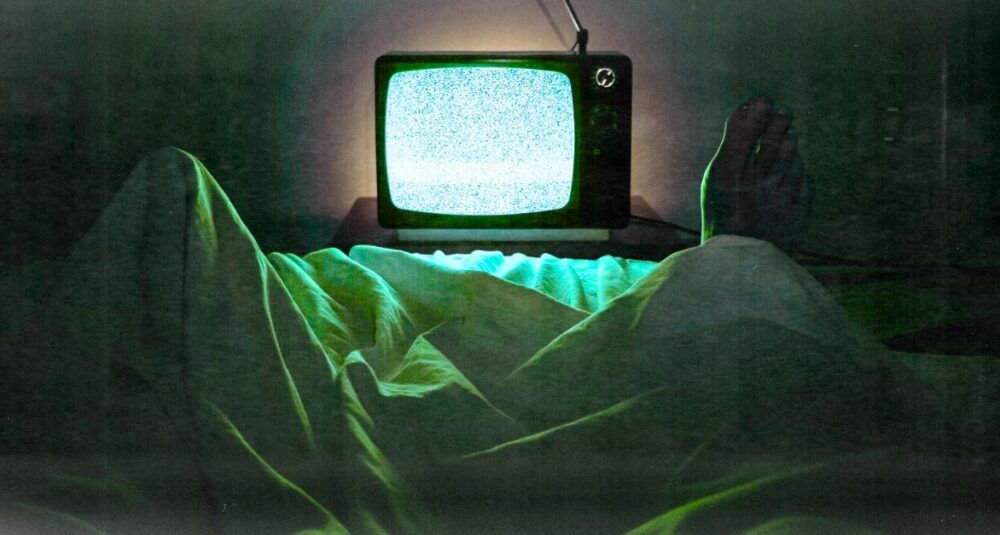Research indicates that the human brain is not equipped to function optimally during the late-night hours. Studies suggest that after midnight, cognitive processes shift, leading to increased impulsivity, risky behaviors, and intrusive thoughts. This phenomenon has been highlighted in the “Mind After Midnight” hypothesis, championed by researchers such as Elizabeth Klerman from Harvard University.
In a 2022 interview, Klerman noted a significant change in brain chemistry during the night. “There are millions of people who are awake in the middle of the night, and there’s fairly good evidence that their brain is not functioning as well as it does during the day,” she explained. The implications of this research call for further exploration into the effects of late-night wakefulness on mental health and decision-making.
The Role of Circadian Rhythms
Central to this discussion are circadian rhythms, which regulate sleep, hormones, and mood. During daylight hours, the brain operates in a mode conducive to reward, cooperation, and focused thinking. As night falls, these systems pivot towards survival, increasing alertness to potential threats and sensitivity to negative stimuli. This evolutionary adaptation may have roots in a time when nighttime posed greater dangers.
The consequences of this shift are evident in modern behavior. Research indicates that individuals are more prone to binge-eating, substance use, and other self-destructive actions during the late-night hours. A study revealed that the risk of suicide triples between midnight and 6 a.m., highlighting a period when reasoning and impulse control are significantly compromised. “Suicide, previously inconceivable, emerges as an escape from loneliness and pain,” the authors of the study noted.
Impacts on Daily Life
As the brain navigates this altered state post-midnight, it can distort perceptions and amplify emotions. Activities such as scrolling through social media, impulsive online purchases, or engaging in heated discussions can exacerbate feelings of restlessness. Without adequate sleep, even minor concerns can escalate into overwhelming thoughts.
Researchers from Harvard University and the Massachusetts General Research Institute believe this body of work could influence our understanding of insomnia, substance use, and the challenges faced by shift workers. For those required to remain awake during the night, including nurses, pilots, and warehouse employees, their cognitive functions may be operating under a prolonged state of impairment.
Given these findings, the recommendation is clear: avoid placing trust in decision-making processes after midnight. Simple actions such as eating a light snack, reaching out to a friend, or prioritizing sleep can mitigate the adverse effects of late-night wakefulness. While the mind may manage to survive the darkness, it is evident that it is not ideally designed to thrive there.







